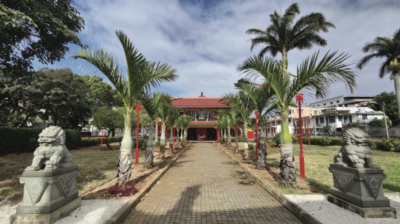Monitoring and evaluating Mozambique's poverty reduction strategy PARPA 2006-2008. A synopsis of three qualitative studies on rural and urban poverty
How to cite this publication:
Inge Tvedten, Margarida Paulo, Carmeliza Rosário (2009). Monitoring and evaluating Mozambique's poverty reduction strategy PARPA 2006-2008. A synopsis of three qualitative studies on rural and urban poverty. Bergen: Chr. Michelsen Institute (CMI Report R 2009: 5)
Portuguese version: Monitoria e Avaliação da Estratégia de Redução da Pobreza (PARPA) de Moçambique 2006-2008. Uma Sinopse de Três Estudos Qualitativos sobre a Pobreza Rural e Urbana
The first three in a series of six qualitative and participatory studies on poverty and well-being in Mozambique have revealed that there are positive developments in terms of the macro-economic context and in the social sectors of education and health. However, the continued dearth of employment and income in rural as well as urban areas makes it difficult to transform these advances into real poverty reduction. There are also worrying signs of local processes of social marginalisation and exclusion, following from the increasing commodification of social relationships. To achieve the goals of the PARPA, particular efforts will have to be made by the government and donors to reach the very poorest.






![Corona überleben: Die Figur der:s Überlebende:n als Trägerin von Hoffnung und Angst in den Politiken einer Krise im Werden [Surviving Corona: The figure of the survivor as bearer of hope and fear in the politics of an emerging crisis]](http://www.cmi.no/img/400/18259-Corona-und-mediale-ffentlichkeiten.png)

